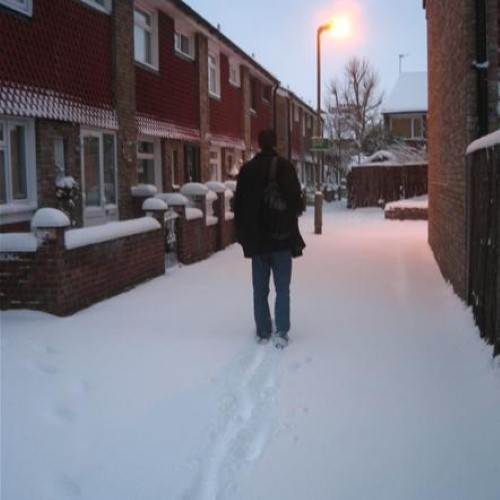Few individuals will say that they enjoy trekking into work on weekday mornings. Combine that with frigid temperatures and even less people will be happy about the necessary traveling.
The East Coast experienced Jack Frost's wrath earlier this week, as temperatures in Eastern Massachusetts dropped to 7 degrees just before 6 a.m. on Thursday morning. The Bay State's morning commute for many workers was severely impacted, with 10 of the 129 Massachusetts Bay Transportation Authority (MBTA) trains experiencing mechanical failures, according to The Boston Globe.
Additionally, the commuter rail system had 27.7 percent of its trains delayed before 2:30 p.m. Officials told the news source that it could have been much worse, and that many of the problems were due to an aging and underfunded train system.
Beverly Scott, the MBTA's new general manager, told the Globe that the transit system was committed to delivering dependable and convenient services, regardless of Mother Nature. She explained that the extreme cold weather hindered operations in certain areas, but that could happen regardless of how old some devices are.
"Even if you had completely new equipment, you could wind up having these issues," she said, adding that she recognizes that the MBTA must still improve. "I can appreciate the fact that there were literally folks left out in the cold today."
Severe weather can negatively impact many businesses. Whether a company is directly involved with transportation or if employees are unable to come into their business' office, all organizations need to ensure they have a comprehensive business continuity plan that accounts for weather.
Partnering with a firm specializing in business continuity can help companies create hot sites, which will benefit workers who cannot make it all the way to an organization's location. Additionally, a thorough risk assessment will guarantee quick business resumption, regardless of the situation.

